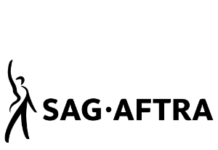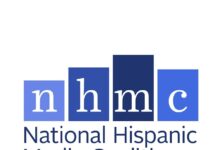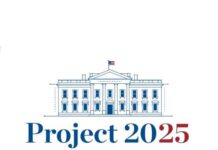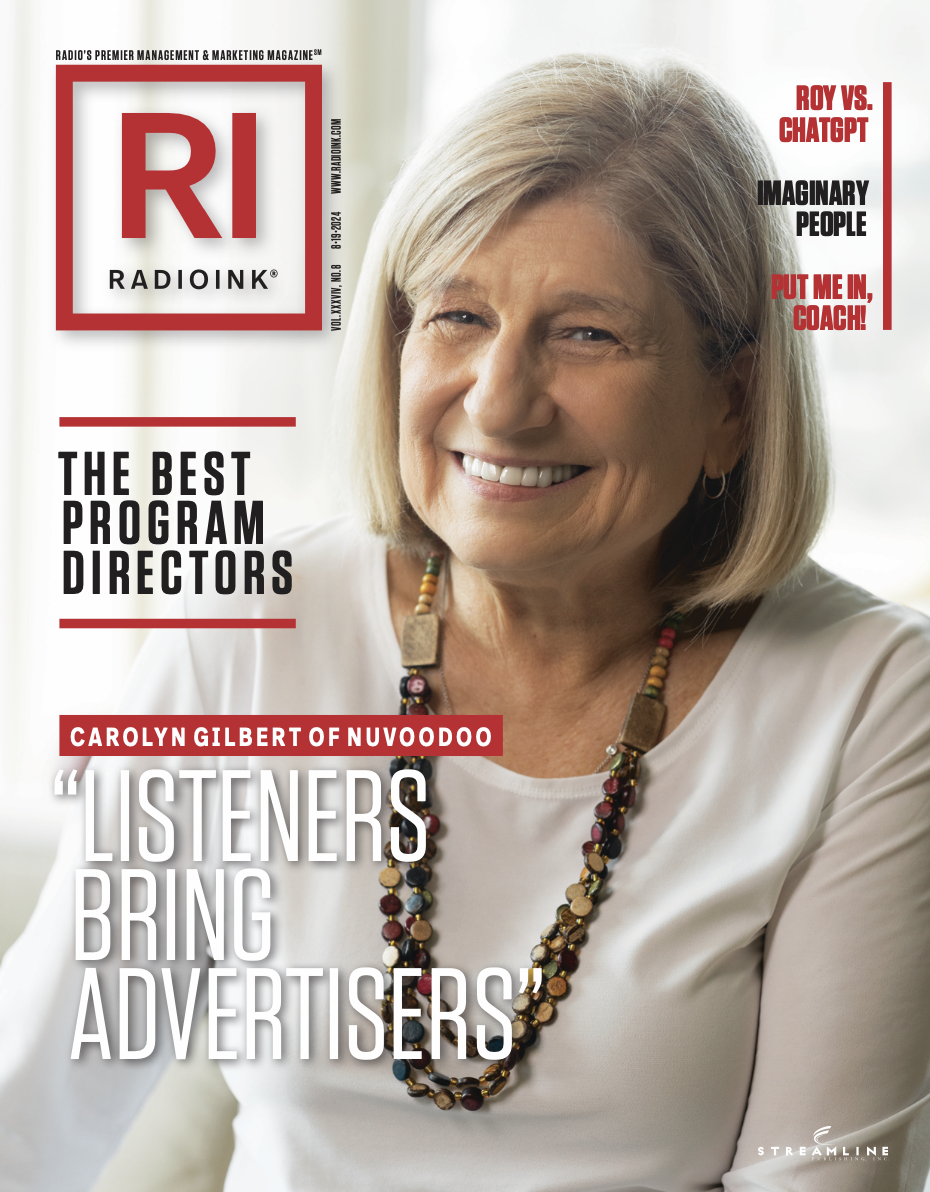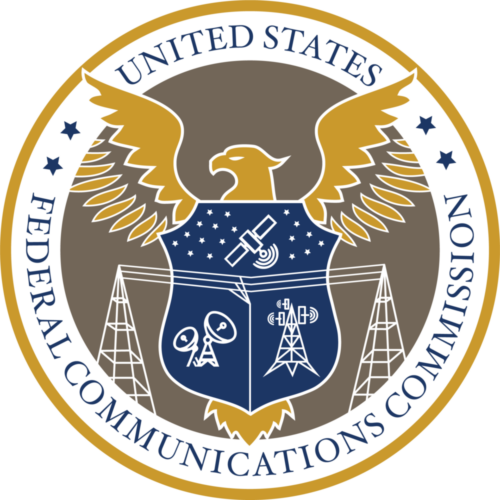
Even as formal comments are closed on a Notice of Proposed Rulemaking filed in January intended to incentivize stations to produce locally-oriented programming, public broadcasters are arguing with the FCC that their product is inherently local.
With the NPRM, the FCC is also seeking broadcaster input on defining what constitutes “locally originated programming.” According to an August 27 letter to FCC Secretary Marlene Dortch by PBS and America’s Public Television Stations, collectively known as PTV, all public radio stations should fall under that priority umbrella.
In its submission, PTV argues for a definition of localism that encompasses the “inherently local, community-responsive programming” public stations provide, which it claims often transcends conventional local content definitions.
PTV’s proposal includes new rule language intended to ensure that “qualified noncommercial educational broadcast stations” that fulfill specific criteria automatically receive priority consideration during FCC processes like renewals, assignments, or transfers of licenses alongside commercial stations that provide an average of three hours of local programming per day.
“Qualified noncommercial educational broadcast stations” would be defined as those that meet these four standards:
- Licensed by the Commission as a noncommercial educational broadcast station.
- Owned and operated by a public agency or nonprofit private foundation, corporation, or association.
- Has as its licensee an entity that is eligible to receive a community service grant from the Corporation for Public Broadcasting.
- Submits to CPB an annual Local Content and Services Report pursuant to the terms of its community service grant from CPB.
NPR previously pitched its own solutions on how the NPRM could better support its mission in a proposal that would expand the services given to noncommercial educational stations. This includes prioritizing applications that enhance broadcast capabilities or that propose launching new noncommercial stations in remote or rural regions.


